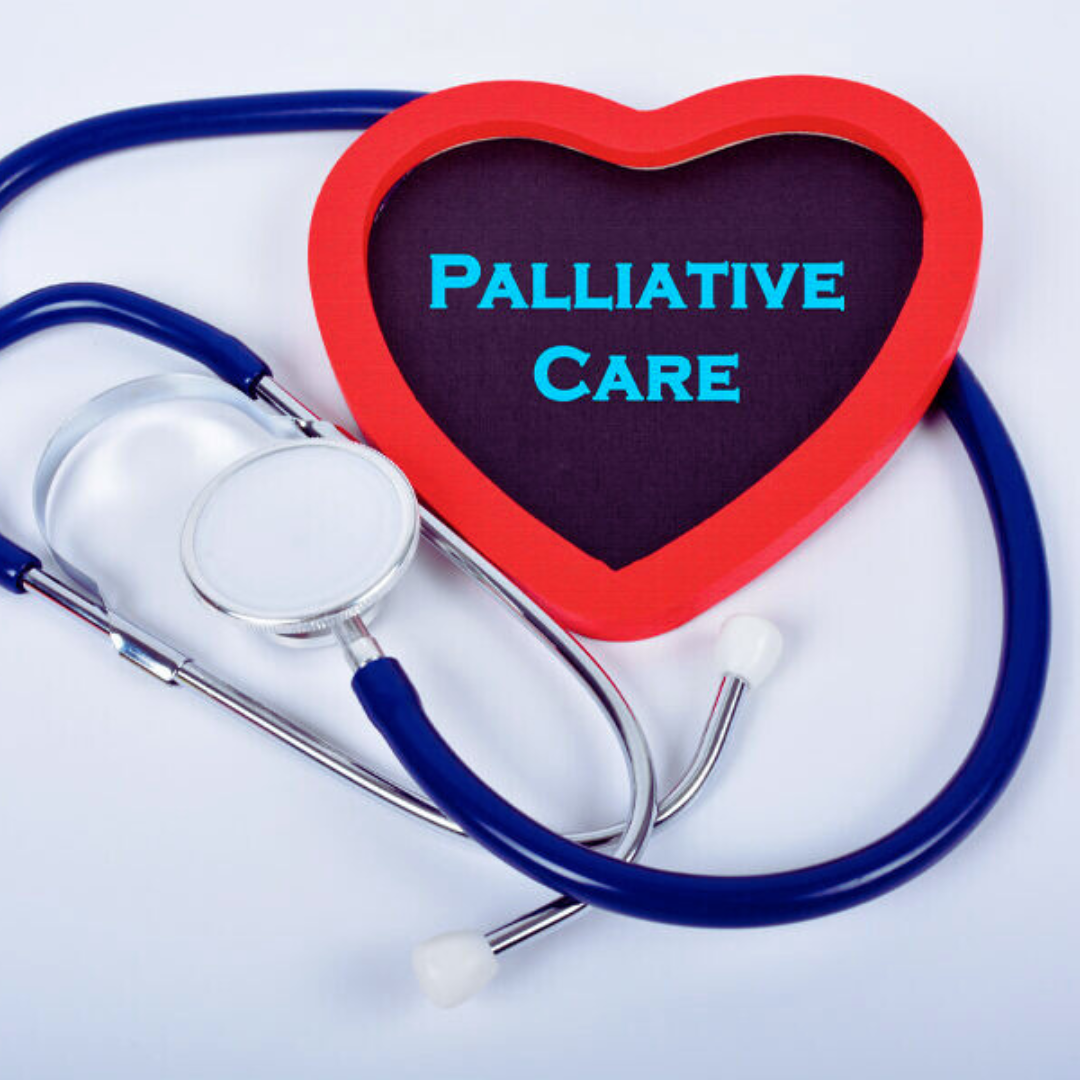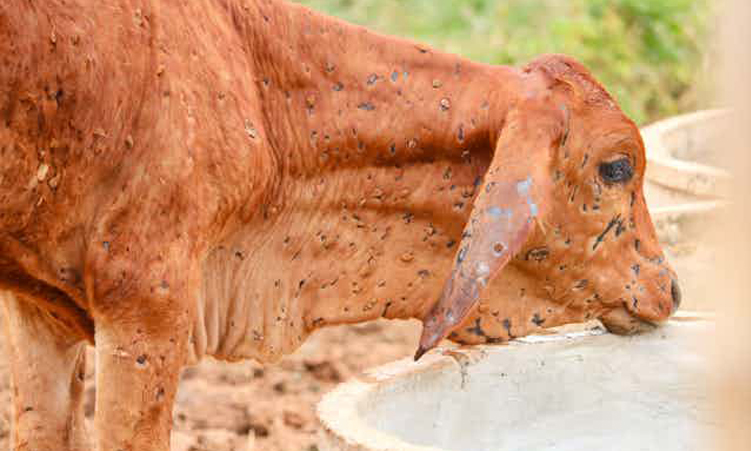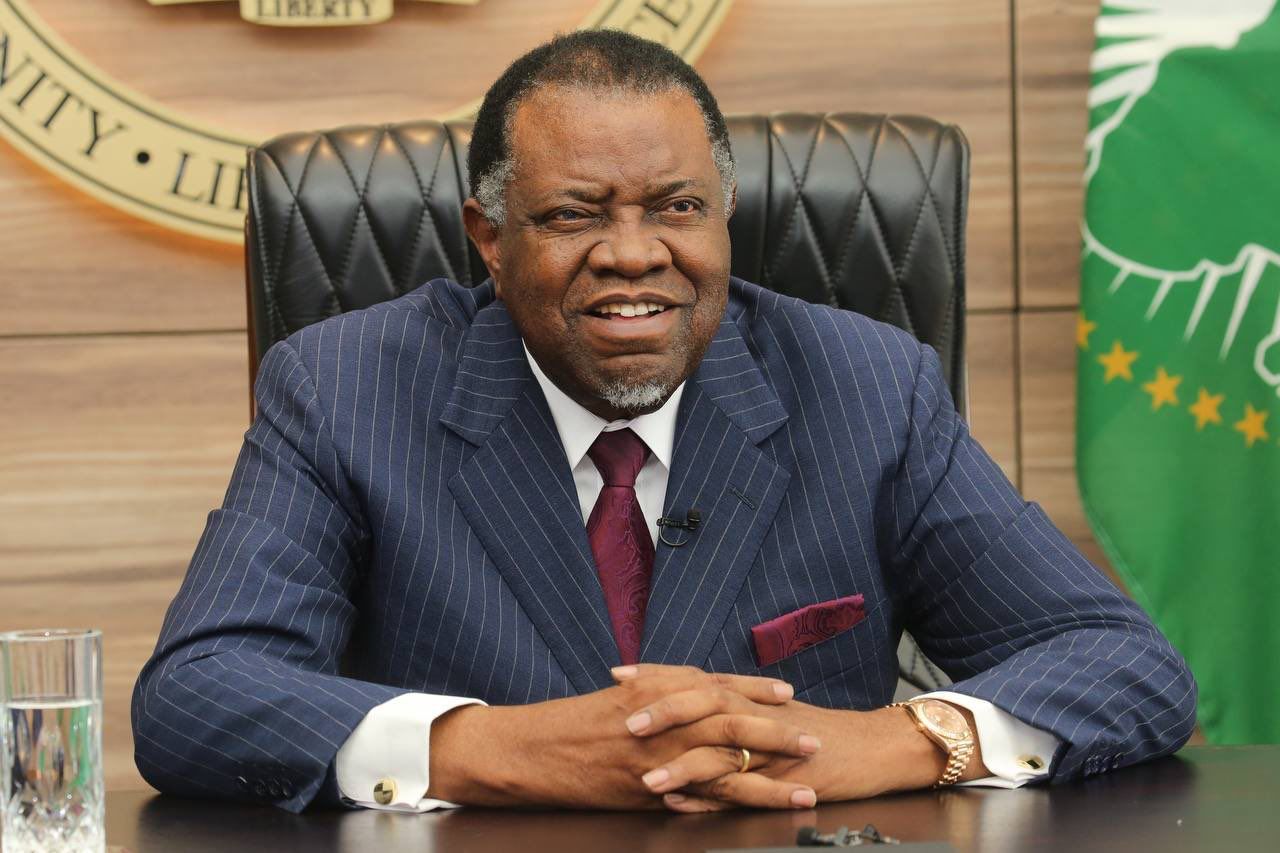DISASTERS such as veld fires in protected areas can be better managed if these parks are jointly managed by Government and the local communities, says the Deputy Director of Parks and Wildlife Management, Colgar Sikopo.
In addition, this approach would also further strengthen conservation efforts in Namibia, he said. Sikopo believes the joint management of parks would increase wildlife, encourage wildlife corridors and benefit local communities.During a presentation in Windhoek last week, Sikopo said the Ministry realised that parks could not exist as isolated islands and a co-management approach was the way forward.”A wider picture should be considered for enhanced landscapes and biodiversity conservation,” he said.Co-management of parks entails shared decision-making, responsibility and accountability between Government and local communities, whose livelihoods depend on the protected areas.Sikopo said this approach was being followed with people living in and outside the Bwabwata National Park in the Kavango Region.Consultations with these people were in progress.Similar efforts were also being made with the Mangetti Game Camp, which will be managed as a contractual park, the Kunene People’s Park and the Mudumu North Complex.However, Sikopo said an absence of relevant legislation and policies in this regard could slow the process.Since this is a new initiative, people will be reluctant to support it as they do not know how it will deliver.Besides conserving biodiversity, protected areas have a vital role in underpinning a large part of Namibia’s tourism sector, according to the Ministry of Environment.Currently parks contribute between N$1 billion and N$2 billion annually to the national economy.The Ministry spends only N$50 million a year on maintaining and running the parks.Sikopo believes the joint management of parks would increase wildlife, encourage wildlife corridors and benefit local communities.During a presentation in Windhoek last week, Sikopo said the Ministry realised that parks could not exist as isolated islands and a co-management approach was the way forward.”A wider picture should be considered for enhanced landscapes and biodiversity conservation,” he said.Co-management of parks entails shared decision-making, responsibility and accountability between Government and local communities, whose livelihoods depend on the protected areas.Sikopo said this approach was being followed with people living in and outside the Bwabwata National Park in the Kavango Region.Consultations with these people were in progress.Similar efforts were also being made with the Mangetti Game Camp, which will be managed as a contractual park, the Kunene People’s Park and the Mudumu North Complex.However, Sikopo said an absence of relevant legislation and policies in this regard could slow the process.Since this is a new initiative, people will be reluctant to support it as they do not know how it will deliver.Besides conserving biodiversity, protected areas have a vital role in underpinning a large part of Namibia’s tourism sector, according to the Ministry of Environment.Currently parks contribute between N$1 billion and N$2 billion annually to the national economy.The Ministry spends only N$50 million a year on maintaining and running the parks.
Stay informed with The Namibian – your source for credible journalism. Get in-depth reporting and opinions for
only N$85 a month. Invest in journalism, invest in democracy –
Subscribe Now!










